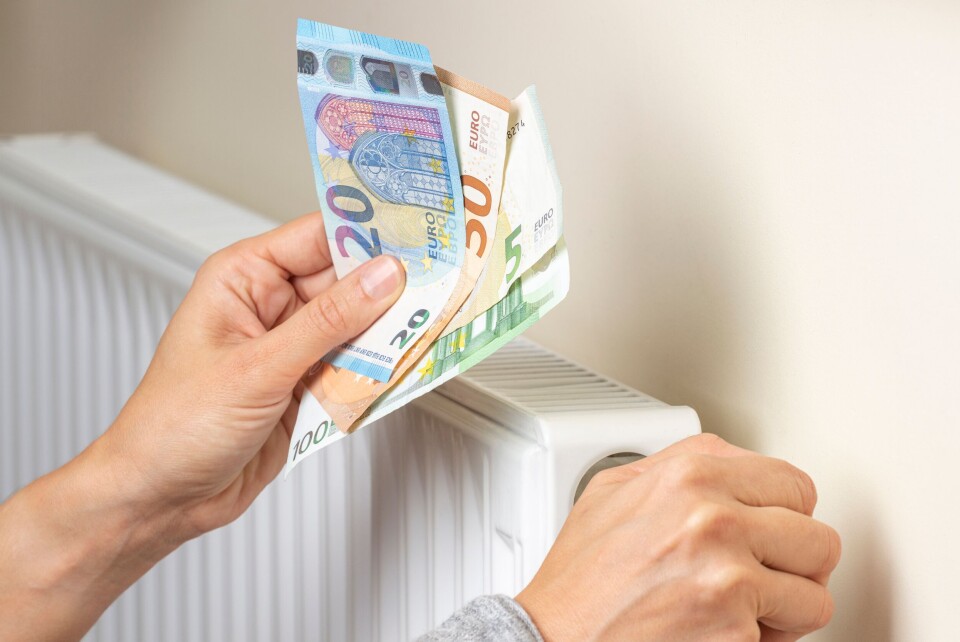-
Why you may see a low-flying helicopter near you in west France
Residents of the Loire-Atlantique region may spot the aircraft until at least the end of May
-
Group purchase offer for wood pellets launched by French consumer association
Highly competitive prices pledged with applicants given a quote they can choose to take up (or not)
-
French energy vouchers: 2025 date confirmed – and it is much later than usual
Five million people are eligible for the physical voucher, which can be up to €277
Electricity prices are rising in France: How much more will you pay?
More than 20 million households are set to be affected by the increase. Here is what to expect

Electricity prices in France are set to rise from today (February 1), with more than 20 million homes affected although the government’s ‘price shield’ is still keeping prices lower than they otherwise would be.
The change – which sees the shield increase from allowing rises of up to 4% to allow rises of up to 15% – will affect 20.54 million households and 1.45 million small businesses. Around 100,000 social housing buildings will also be indirectly affected.
For a family living in a 100m2 house, with electric heating, the bill is set to increase by €259 per year. The increase will be factored into regular bills from February. For clients who pay monthly, the amount per month will not change but the additional cost will be billed when the contract is renewed for another year.
Read also: Rising energy bills in France: we recap the aid available in 2023
Bouclier tarifaire effect
This is expected to be the only rise in electricity this year, as the government’s bouclier tarifaire (price shield) remains in effect. It will add, on average, €20 per month to bills for people who heat their home with electricity on a regulated tariff.
The exact amount of increase will depend on your tariff.
The bouclier tarifaire was introduced in 2021 and renewed in 2023. In 2022, the price rise cap was 4%, whereas it is 15% this year. So far, it is set to remain in place until the end of 2023.
Without the shield, a typical household could expect to pay €180 per month extra instead of €20 per month extra, the website service-public.fr states.
In September last year, Finance Minister Bruno Le Maire, and the energy regulatory commission the Commission de régulation de l’énergie (CRE), said that without the shield, prices would be 105% higher than they were in October 2021.
There is also a cap on gas prices and extra help for people who heat their homes with fuel oil and wood.
Lower costs in France
The shield has also helped to keep inflation lower in France than in other countries; for example, in the UK in July, it hit 10.1%, compared to 6.1% in France.
Energy prices in France are still significantly lower than in other countries and Prime Minister Élisabeth Borne recently stated: “France is the country that has protected its households the most out of all European countries.”
Last year it was announced that in the UK, the energy price cap – the limit that a supplier can charge – rose from £1,971 to £3,549 per year for an average household. This equated to an extra £295 (€333) per month.
Related articles
Regulated French gas and electric bills capped at 15% rise in 2023
France looks to extend electricity tariff ‘shield’ to flat owners
Energy bills in France ‘would double in 2023 without state protection’
How much will French gas bills increase from January 2023?
























